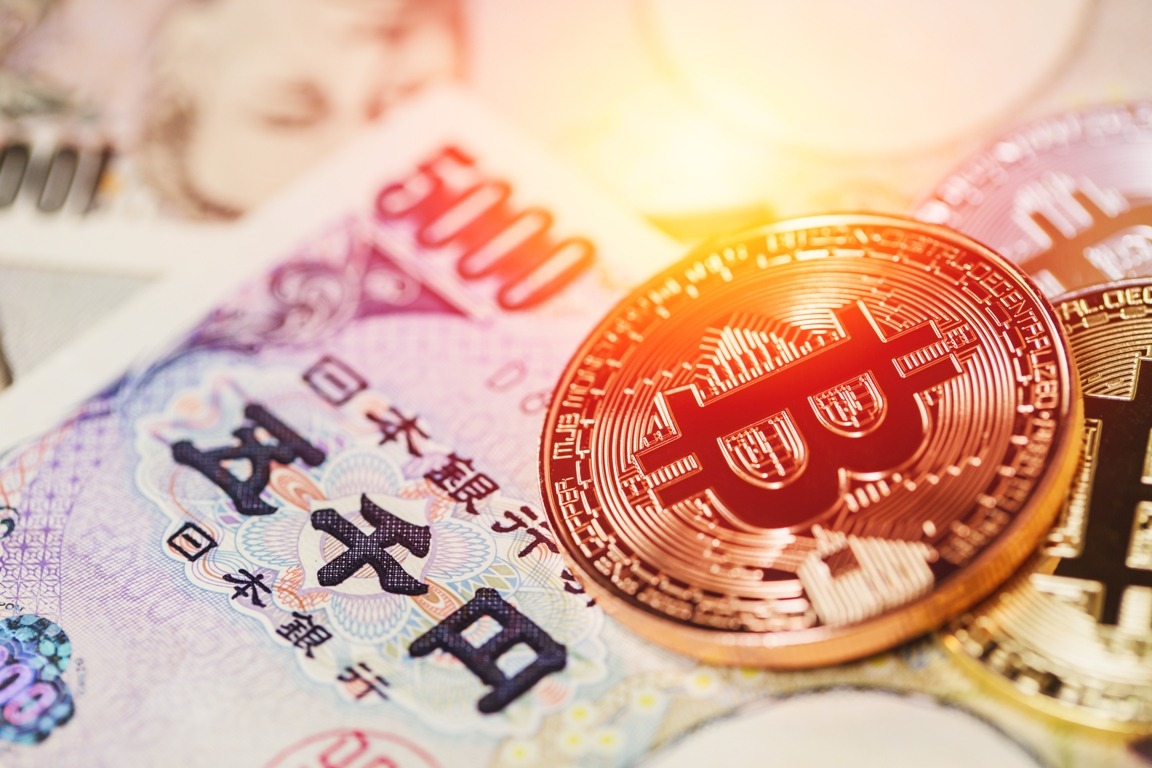The Japanese government argued about its crypto laws and regulations for quite a long period. However, the politics and lawmakers came to an agreement at last. As a result, Japan is beginning to enforce new laws for regulating cryptocurrencies in the country. The Payment Services Act, as well as the Financial Instruments and Exchange Act, will come into effect from May 1.
There is great potential for cryptocurrency developments in Japan. However, Japanese people don’t see the cryptos as only digital currencies which could be hoarded or exchanged. On the contrary, they contemplate different ways to use it as a payment method in everyday life.
DeCurret is one of those companies which are trying to achieve this goal. It promoted using cryptos as a payment method for Japan’s public transportation system.
According to its press release on April 10, the company issued new shares worth 2.75 billion yen. Which is approximately $25 million, in a third-party allocation of shares. DeCurret plans to use this capital to promote the expansion of digital currency and settlement services. As well as enhance transaction services for existing virtual currencies.
How will this plan work?
DeCurret stated that the new system would enable the Suica payment card issued by the railway company to be topped-up with digital currencies. Since March 2019, Japanese people have already used almost 70 million such cards.
However, Japanese authorities issued strict measures to fight the coronavirus recently, declaring a state of emergency since April 8 in several prefectures. Investors are concerned by the rapid spread of the virus in the country.
However, public transportation in the country has mostly been unaffected so far. While the number of trains and buses has been reduced, many stations are full of commuters daily.
It seems possible disruptions in traveling don’t bother DeCurret. However, before executing its plan, the company may face several regulatory challenges.















